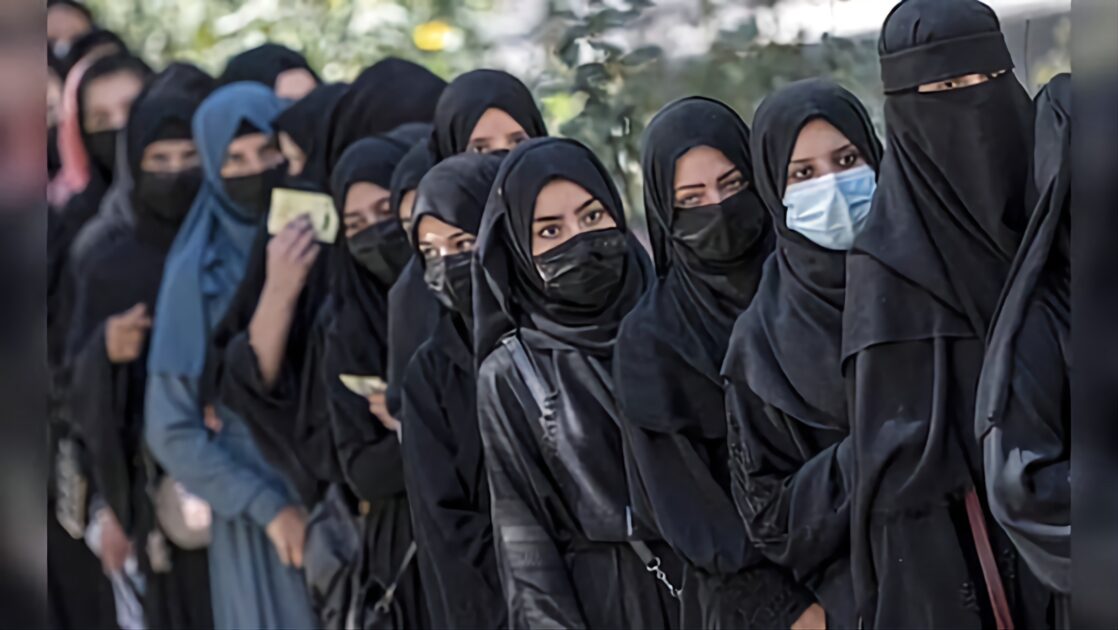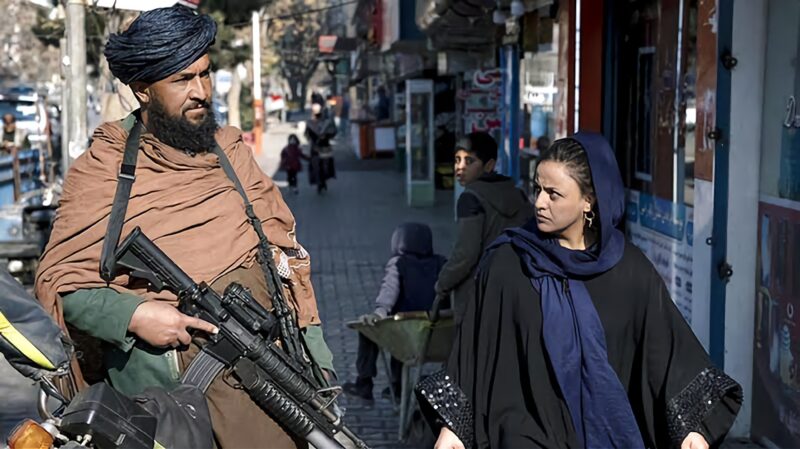Taliban’s Ban on Women in Medical Training Strikes Final Blow to Female Professional Opportunities, Deepening Afghanistan’s Healthcare Crisis and Maternal Mortality Concerns
KABUL, AFGHANISTAN— The Taliban has banned women from training as nurses and midwives in Afghanistan, dealing another devastating blow to female health and education. The ban, announced on Dec. 3 by the Ministry of Public Health, applies to both private and government-run institutions, effectively blocking women from pursuing careers in critical fields like midwifery, nursing, dentistry, and laboratory sciences.
The directive, issued on the orders of Taliban supreme leader Haibatullah Akhundzada, has sparked an outpouring of grief and frustration among students. For many, medical education had been the final opportunity for professional growth after earlier bans shut women out of other fields.
“This was the only path left for girls who had been excluded from other fields. Now, even that has been taken away,”
said Zainab, a dentistry student in Kabul.
Tears and Protests Outside Institutes
Heartbreaking videos on social media show female students pleading with Taliban officials outside institutes in Kabul, Badakhshan, and Faryab, only to be turned away.

At the Badakhshan Medical Institute, students were seen crying in hallways and singing a Persian protest song: “Come, oh sky, and weep with me.”
“We don’t know what to do now,” said one student, as female instructors tried to console their devastated pupils.
Healthcare System at Breaking Point
The ban could have catastrophic consequences for Afghanistan’s healthcare system, which already faces severe shortages of midwives and nurses.
Afghanistan has one of the world’s highest maternal mortality rates, with 620 deaths per 100,000 live births, according to the World Health Organization. Female healthcare workers are essential in addressing this crisis, particularly as male doctors are often prohibited from treating female patients.
“This decision will make an already dire situation worse,”
said a health ministry official who requested anonymity.
Global Condemnation
The Taliban’s restrictions on women’s education have drawn widespread international criticism.
“This is another affront to women’s rights and will further restrict healthcare for Afghan women and children,” said Robert C. Dickson,
the UK’s chargé d’affaires to Afghanistan.
New Zealand’s foreign minister, Winston Peters, called for international accountability, while Heather Barr of Human Rights Watch warned that the decree would cause “unnecessary pain, misery, sickness, and death” for women deprived of care.
A Grim List of Bans
The Taliban’s latest move is part of a broader crackdown on women’s freedoms. Afghan women are already banned from driving, traveling alone, attending school or university, working in public service, or even speaking loudly inside their homes.
Critics describe the policies as “gender apartheid,” aimed at erasing women from public life.
“This is not just about education,” said a healthcare expert. “It’s about survival. Afghan women are being systematically denied care, support, and opportunities for the future.”
For Afghan women, the road ahead grows darker with every new restriction.










Join our Channel...